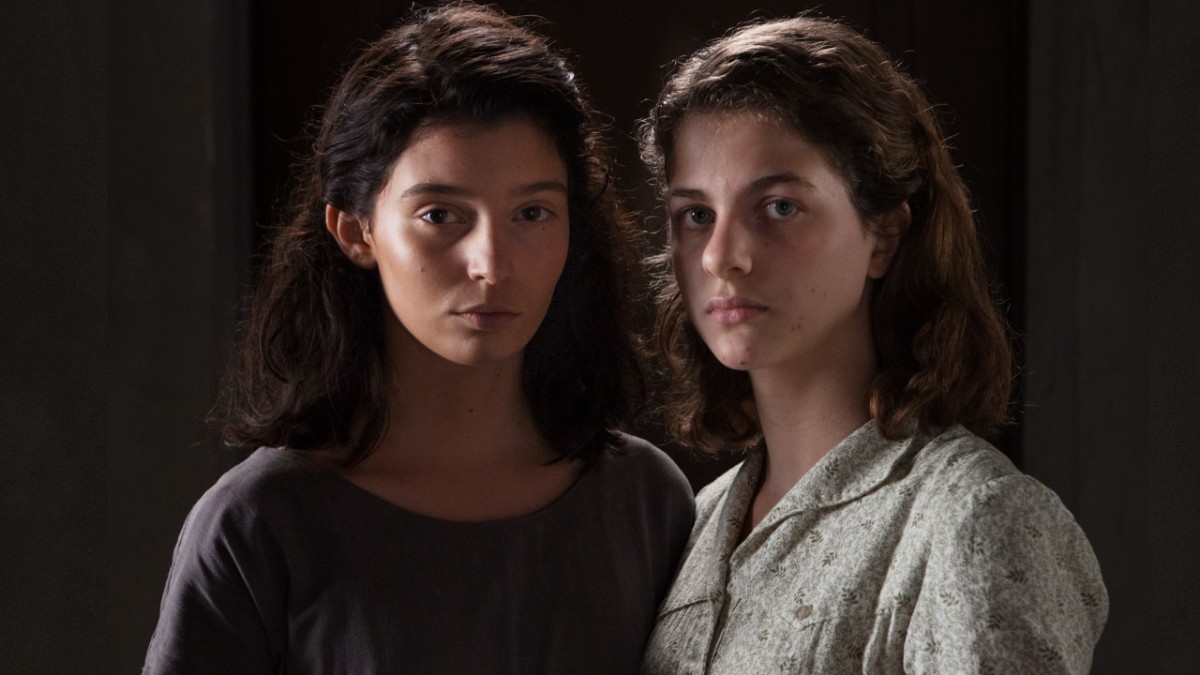In the Los Angeles Review of Books, Tessa Brown reflects on HBO’s recent TV adaption of Elena Ferrante’s wildly popular novel My Brilliant Friend. As Brown notes, the TV series retains one of the most compelling aspects of the novel, one that was often overlooked in the many glowing reviews: its portray of the social conditions that give rise to fascism. An excerpt:
So it is that, “without ever leaving Naples,” Ferrante is able to depict the eruption of communist and fascist violence in 1968, through the leftist organizing and thuggish fascist crackdown at the Soccavo sausage factory where Lila works in the third novel. Absorbing much of the first half of Those Who Leave and Those Who Stay, using the same cast of characters we’ve known since the first book, Ferrante offers us a microcosm of the tensions that emerged in Italy in 1968, a year she never names. Specifically, she demonstrates how workers’ organizing for livable work conditions was met with violence from local fascist thugs, whose tactics were ultimately sanctioned by state forces, just as they were in the first novel when communist Peluso was wrongly arrested for Don Achille’s murder. In the third novel, after Lila delivers her colleagues’ demands to her boss, a cast of familiar “fascists, mostly from the neighborhood,” are invited to put down the organizing. As the fascists descend on the factory, through Lila’s eyes we see the chain of violence — of violent men — that extends through their communities, through their histories, through all four Neapolitan novels:
Fascists, as Stefano’s father, Don Achille, had been, as Stefano had turned out to be, as the Solaras were, grandfather, father, grandsons, even if at times they acted like monarchists, at times Christian Democrats, as it suited them. She had hated them ever since, as a girl, she had imagined every detail of their obscenities, since she had discovered that there was no way to be free of them, to clear everything away. The connection between past and present had never really broken down, the neighborhood loved them by a large majority, pampered them, and they showed up with their filth whenever there was a chance to fight.
Through the careful detail of the novel, always dramatized through the dynamics of Elena and Lila, Ferrante shows how fascism is rooted in economic exploitation backed by violence. And she taught me, more incisively than anything else I read, how political, capital-F Fascism emerges at economic inflection points when the powers of corporations and the state converge, step back, and allow local thugs to attack those who would challenge unequal socio-economic systems.
Image: Still from the HBO series My Brilliant Friend. Via HBO.
